Buening: Religion Does Not Justify Your Homophobia
Local Mormon church near Foothill Drive on Sunday, July 11, 2021. (Photo by Kevin Cody | The Daily Utah Chronicle)
September 1, 2021
Jeffrey R. Holland, one of the 12 Apostles for the Church of Jesus Christ of Latter-Day Saints, made a weighty address to BYU faculty on Aug. 23 2021, turning the spotlight on LGBTQ+ issues within the church once again. When I was an active member of the LDS faith, I knew many looked up to Holland as an example of acceptance and progress within the church. So much so that when I began to doubt my faith, I reached out to him for guidance. Thinking back, his dismissal of my concerns about the church’s LGBTQ+ policies foreshadowed his current stance.
Especially after spending my freshman year of college at BYU, his damaging words cut deep. But I have privilege as a straight, cisgender ex-Mormon — I’m far more concerned for the members of the queer community whose safety is at risk. For them, Holland’s words represent a deep betrayal. Several friends from BYU told me that Holland was the “last apostle they trusted” before his speech and that many fear coming out before receiving their diploma. The toxic culture causing these sentiments is heartbreaking.
Elder Holland’s words were a blatant attempt to curb and antagonize LGBTQ+ activism. However, because he cloaked harmful sentiments in proclaimed “love of institution” and “love of Christ,” many LDS platforms gravely misconstrued its message. At the surface, Holland’s address was tone-deaf, but it reflects deeper issues of homophobic rhetoric and violence. Elder Holland’s treatment of the queer community will have major repercussions, exacerbated by his influential position in church leadership.
Laden with hypocritical and manipulative statements, Holland’s speech expressed a twisted definition of so-called love and empathy for those with what he calls “a same-sex challenge.” And no, preceding these statements with long-winded explanations of his love for BYU doesn’t make them okay. In my experience at BYU, I came across many students and faculty members that expressed genuine support for the queer community. Although multitudes of honor code protests were met with silence, it wasn’t for lack of trying. It’s because our pleas fell on empty ears.
However, some pleas are more valued than others. Holland introduced one such example in a memo he recently received from an unnamed writer. This individual poked criticisms at university professors like the ones I previously mentioned, saying that they “are supporting ideas that many of us feel are contradictory to gospel principles.” As a result, the person wrote, “Several parents have said they no longer want to send their children here or donate to the school.”
If Holland values monetary donations more than he values safety and inclusion for queer students, then his “love” isn’t love. Then again, the remainder of his words made that clear. Most notable was his reference to a violent musket-fire metaphor. In direct reference to defending the church’s doctrine on same-sex marriage, Holland quoted Elder Neal A. Maxwell, who said that BYU scholars are “a little bit like the builders of the temple in Nauvoo, who worked with a trowel in one hand and a musket in the other.” He dug his hole deeper, quoting Elder Oaks: “I would like to hear a little more musket fire from this temple of learning.”
Honestly, just reading this mention formed a pit in my stomach. In an institution that already rounds off plenty of “musket fire” toward LGBTQ+ people, encouraging further extremism and intolerance is unacceptable. Already, LGBTQ+ youth are four times more likely to seriously consider or attempt suicide. In Utah, suicide remains a leading cause of death. We are consistently in the top ten states for suicide deaths. To use reference of gunfire toward those experiencing this tragic reality is not only irresponsible, but sickening. Especially when, given our majority-LDS state, many will adhere to his words.
And in another example of harmful messaging, Holland publicly criticized former BYU valedictorian Matt Easton for coming out in his graduation speech. In a thoughtful response to said call-out, Matt wrote this letter in the Salt Lake Tribune. Matt said, “diversity is not divisiveness,” contrary to what Holland implied. Matt’s sexuality is “not antithetical to [his] divine identity — in fact, it is an essential characteristic of it.” However, Holland’s phrase: “don’t condemn don’t condone,” has grown in popularity. This motto is absurd. You cannot claim love for a community and in the same breath refuse to condone their essential identities and access to basic human rights.
But even worse, consider the contextual circumstances of these words. They closely followed another prominent controversy, where BYU professor Hank Smith faced no repercussions after calling a queer student the anti-Christ on twitter. And only one week before Holland chose to encourage theoretical musket fire against LGBTQ+, a lesbian couple was murdered near Moab. Making his remarks within such a short time span of these events is unforgivable. The repercussions are already forthcoming. For instance, one BYU student was caught on video proclaiming an antigay slur while defacing LGBTQ+ friendly art on campus.
So, Elder Holland, how dare you call the world “crushingly cruel” towards the LGBTQ+ community when you yourself encourage institutional homophobia? When you are a part of the problem. The hypocrisy is evident. The effects of this address are being felt by many, and it’s dehumanizing. However, we don’t have to let his words go without action. Instead of picking up your muskets, as Elder Holland encouraged, pick up your rainbow flags. Keep marching and fighting for what’s right — because this is a fight that he clearly cannot win.
s.buening@dailyutahchronicle.com
This article was updated on Nov. 29, 2022, to fix a typo: “preceding these statements” not “proceeding these statements.”


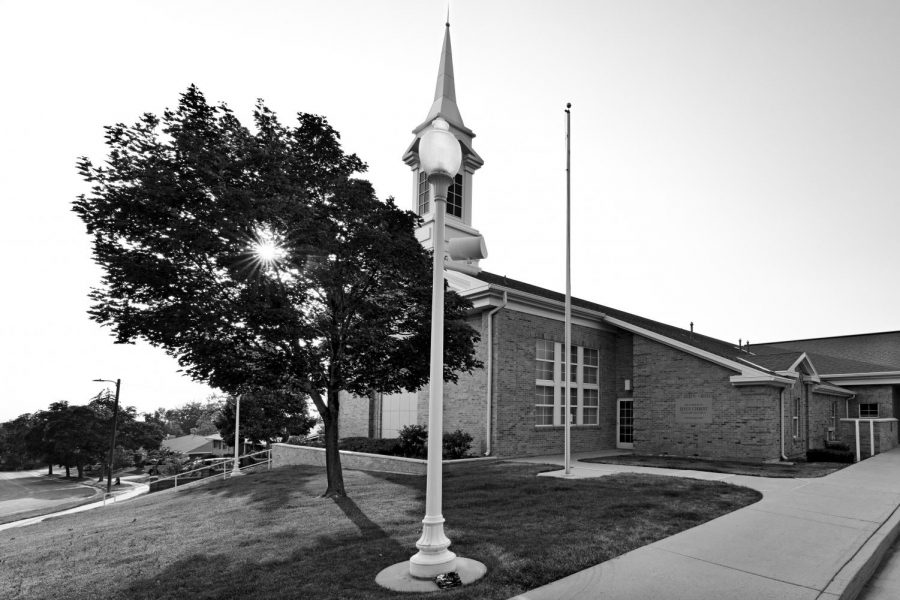


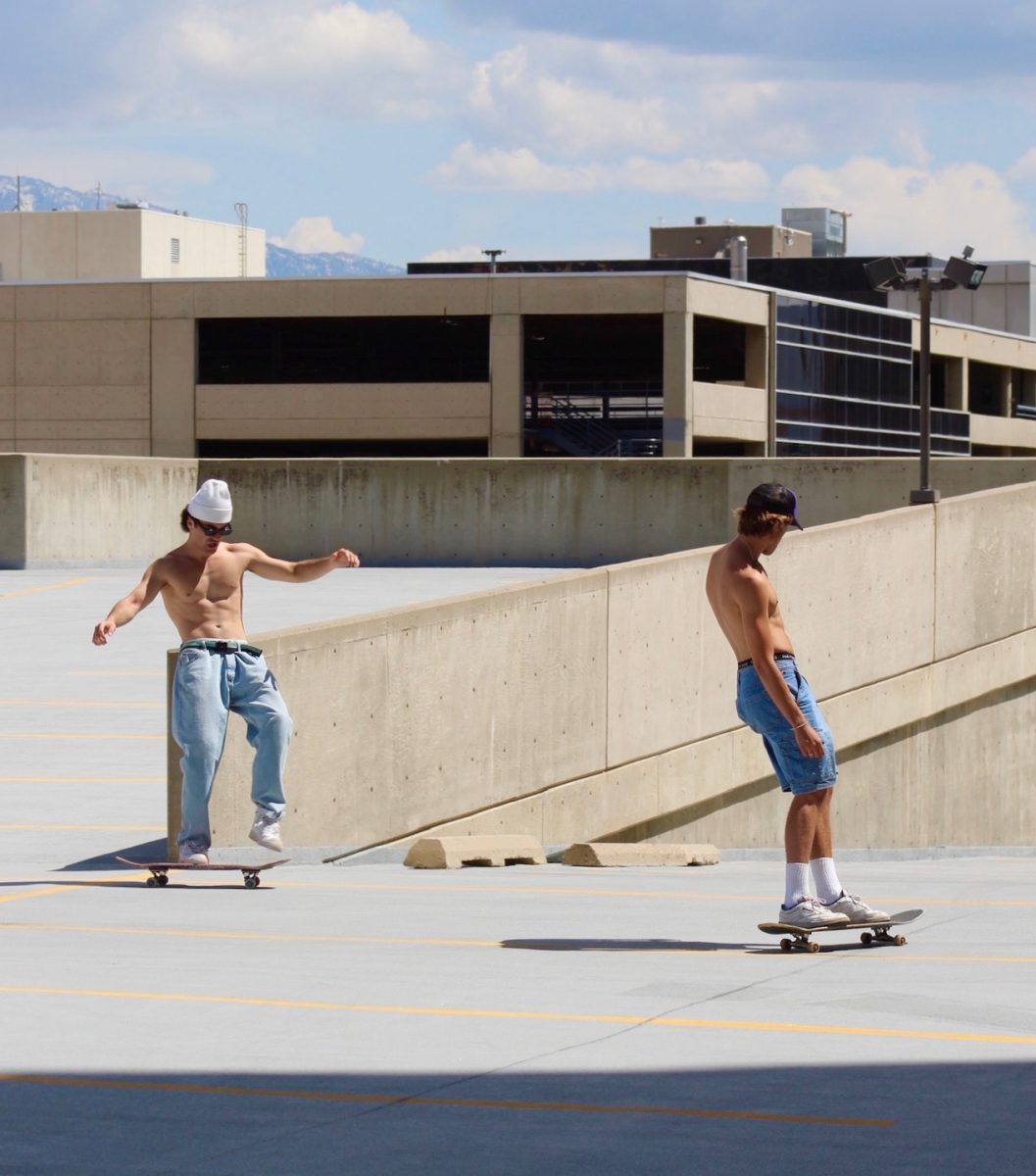
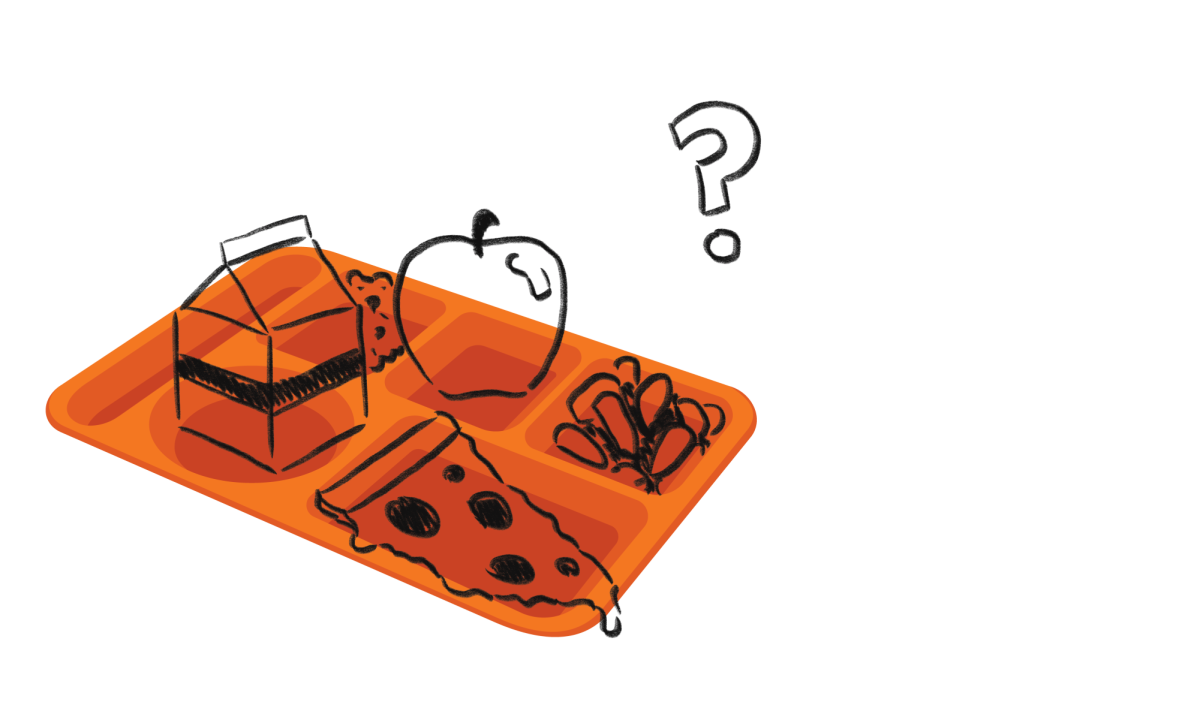
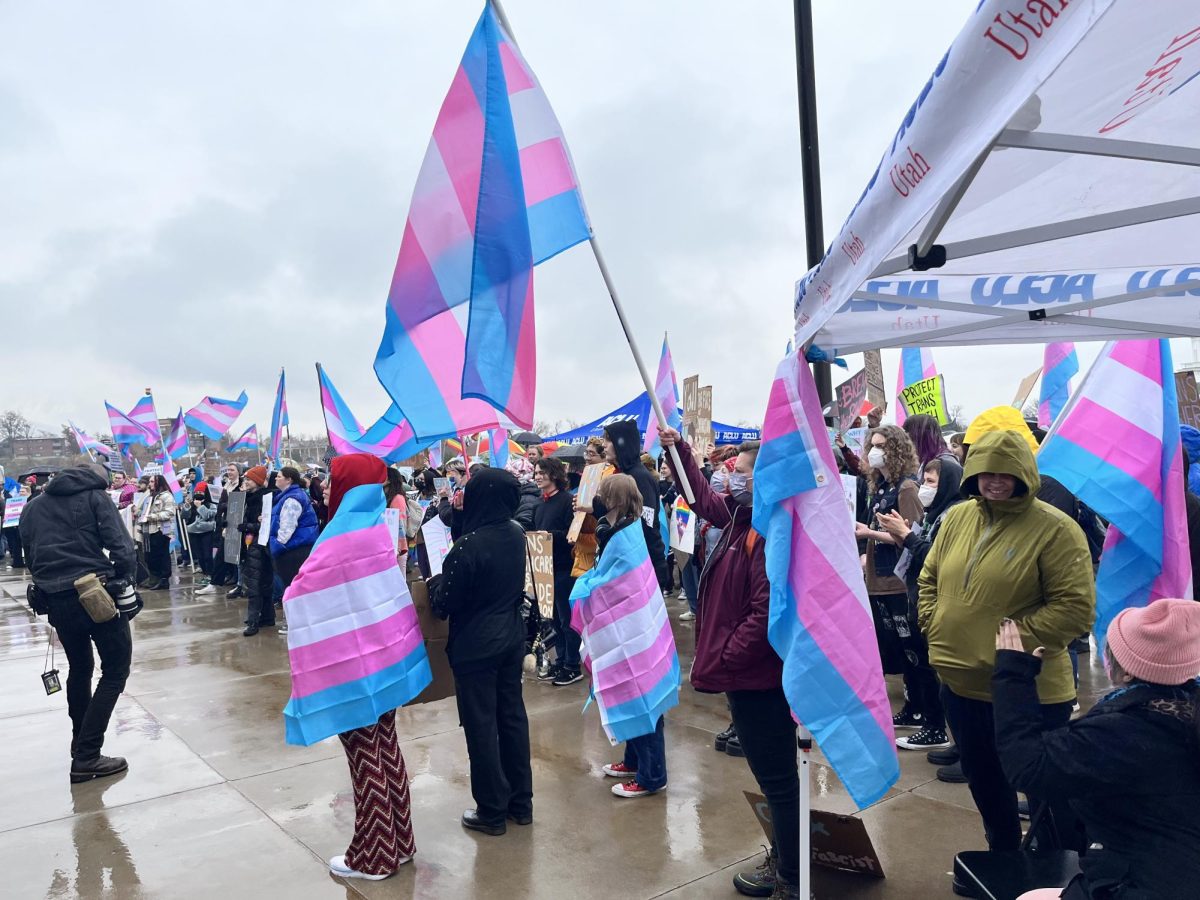
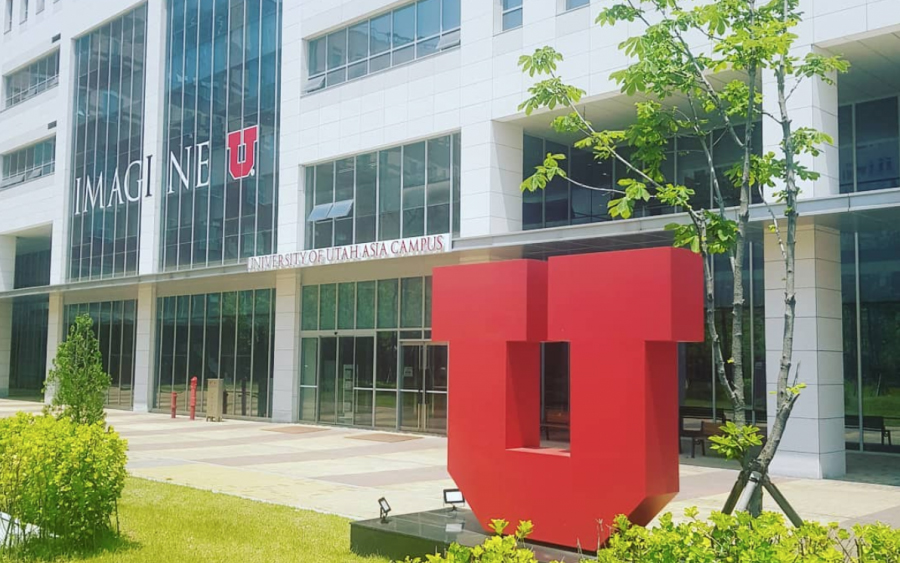




Bettye • Nov 28, 2022 at 2:21 pm
I wish to note that the word “proceeding” does not make sense where it is used in the article. Does the author mean “preceding”, (to go before)?
Calvin • Sep 1, 2021 at 7:01 pm
Please do not misconstrue Elder Holland’s address while linking an article which is perfectly accurate. He does not wish to express harmful sentiments. He is simply speaking the truth of his religion. You cannot follow after the world and God. That memo you mentioned (when looked at in it’s entirety and not just that small section) was not focused on donations to the school but over concern of faculty members being unsupportive of or critical of gospel principles. One of which is marriage between man and woman. The musket fire is meant to be defending our values more often rather always ignoring the attacks that come, but he says to find the balance in being defensive and true to principle while still kind and considerate. In combination with other talks and gospel principles familiar to church members who would be hearing this as the target audience (as it becomes immensely more difficult to get your point across if you’re preparing for the whole world to hear it, even if you know that may easily happen), they ought to know that we never want to be harmful or hateful towards others. If they do not realize that then they ought to look over his address again and see where he says Christ still loved everyone, He just never said they have an exemption from the commandments which are regardless of your perception of essential identity. The church policy book has no problems with those who identify themselves with the LGBTQ+ community. The simple fact is that if you act outside the laws God has given us you are not living His commandments. If you have a friend or family member living outside of the commandments (or for non-christians, a friend or family member who living a lifestyle you can’t approve of, such as with alcoholism or overuse of credit) you can’t condone them at all because you know there will eventually be tragedy* for them, but you still love them despite the life that they are living. If you don’t like what is being said by an Apostle don’t believe it’s because they are being hateful or homophobic, because I don’t believe that will ever be the case for them, (Yes, I realize they aren’t perfect. But they do think quite thoroughly over what they say these days)
*By “tragedy” I don’t mean they are destined to hell. No one is except Satan. For those reading this unaware then Latter-Day Saint beliefs of post-mortal life are different from Traditional Christianity. A small part of that is overall judgement will be God’s and it’s in consideration of your circumstances and knowledge. But the commandments are there for our benefit.
Paul H. Schneiter • Sep 1, 2021 at 2:22 pm
The suicide rate among members of the LGBTQ+ community is shocking and appalling. I am deeply saddened by it. It seems fair to ask, however, why it is so high. Certainly LGBTQ+ individuals are hurt
by the stigmatization many experience. But does that alone explain the high rate, or is there something about the lifestyle itself that contributes to it? I’m not saying there is; I’m just asking the question.
Janell Christensen • Apr 20, 2022 at 9:01 pm
It’s not related to the lifestyle. It’s been shown to be related to the increased bullying and rejection that they face. The Trevor Project is a good place to look at for research and education about LGBTQ people. Also these articles answer your question directly:
Abreu, R. L., Audette, L., Mitchell, Y. L., Simpson, I., Ward, J., Ackerman, L., Gonzalez, K. A., & Washington, K. (2021, March 10). LGBTQ student experiences in schools from 2009–2019: A systematic review of study characteristics and recommendations for prevention and intervention in school psychology journals. Wiley Online Library. Retrieved March 4, 2022, from https://onlinelibrary.wiley.com/doi/10.1002/pits.22508?af=R
Wringley, B., Roundy, J., & Caso, B. (2021, December 3). Guest: Acceptance key for reducing suicide among LGBTQ+ in Utah. heraldextra.com. Retrieved April 11, 2022, from https://www.heraldextra.com/news/opinion/2021/dec/03/guest-acceptance-key-for-reducing-suicide-among-lgbtq-in-utah/
Another good evidence for this is that the LGBTQ people in the US are 4x more likely to commit suicide, but LGBTQ people in Utah are actually 6x more likely